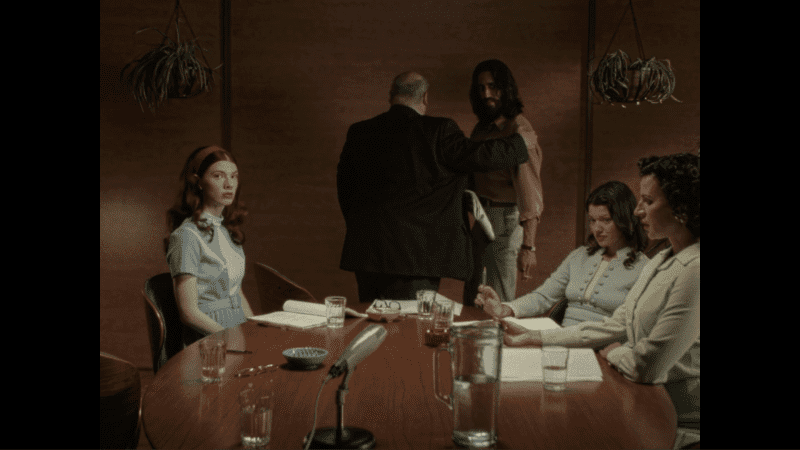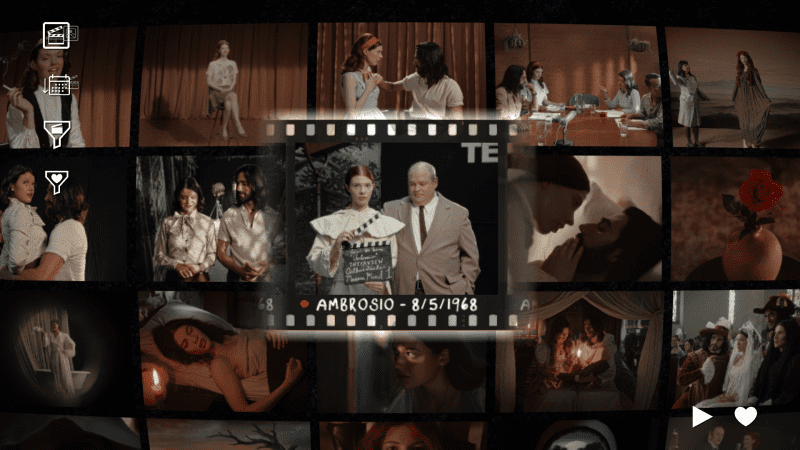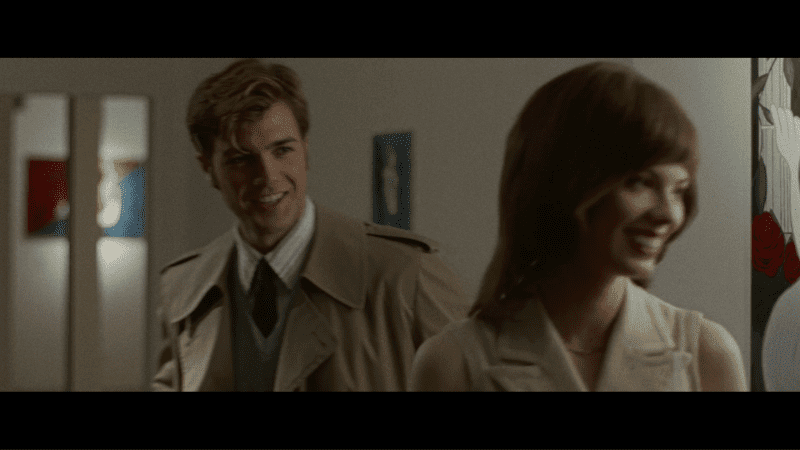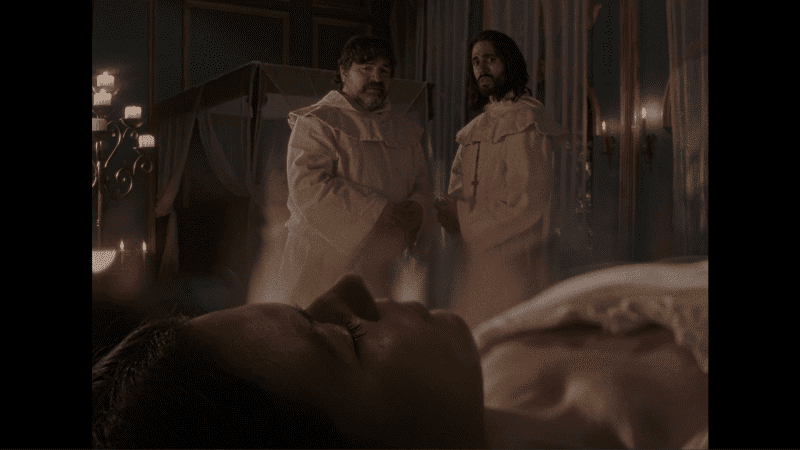Barlow says that it was not possible to write realistic female characters in a big game studio. Called an interactive movie, Immortality is now available to all Netflix subscribers.
Marissa Marcel starred in 1968 and 1970 in two films that were never released. Marcel disappeared for almost 30 years, until in 1999 he shot another movie.
That wasn’t published either. Then Marcel disappeared for good.
Critics have rated *Immortality*, released in late summer for PC and Xbox, as one of the best games of the year. It has been praised as ambitious, beautiful, intelligent and chilling. At The Game Awards, the game is nominated in the categories of best story, direction and actor.
Now Netflix has released *Immortality* as a mobile version for over 200 million subscribers.
Yle interviewed the creator of the game remotely from his office in New York.

In the gaming industry of the 21st century, there was a locker room culture
In *Immortality*, the player gets his hands on a collection of film clips from Marissa Marcel’s career. Playing is slowing down movies, rewinding and clicking details. As the work progresses, new clips are always found in the archive.
In addition to film clips, there are pictures of training sessions and TV interviews.
The player’s task is to find out what happened to Marcel.
*Immortality* deals with creativity, creation, gender roles and power relations in art. It wasn’t born from shaking up the film industry
In the early 2000s, Barlow designed big-budget games like *Ghost Rider* and *Silent Hills*. He says that the atmosphere in the industry was like a men’s locker room. The game studios had their own message channels, which were filled with porn and bad humor. The overwhelming assumption was that games are made for teenage boys. I was not interested in diversity.
– I’ve been in a meeting where they talked about my game, which had a black main character. I was told that ‘we are not racist, but the Japanese and German audiences are such that a black protagonist just won’t do’. As a compromise, someone suggested making the character’s skin color lighter.

A trailer was cut from another of his games, where the suicide of a female character was successfully turned into a sexy and exciting performance.
– The reason for the suicide was extremely unsexy. That was really fucked up.
Writing a good female character is easier on the indie side
When *Legacy of Kain: Dead Sun*, which had been worked on for a long time at Climax studio, failed, Barlow decided to become an independent game developer. He got frustrated with a job where there was almost no room for creativity.
The award-winning *Her Story* (2015) was born, where the player solves a murder by going through an archive of hundreds of interrogation videos. The videos are filmed with real actors. *Telling Lies* (2019), which used similar mechanics, was also well received. It was published by Half Mermaid, a game studio founded by Barlow.
Barlow could never have made such games with a big game studio.

In Barlow’s games, women are often the main characters. It’s not a conscious protest against the male-dominated gaming culture, but as an indie gamer, it’s been easier to write female characters.
– A female protagonist who would not represent one of the few stereotypes of a female character well could not be made in a \\big game studio\\.
Especially on the indie side, game companies have invested in diversity and worked on problems. Still, the deep structures of the industry still favor men.
– New money is coming to the gaming industry from, for example, China. The most experienced guys often benefit from it. The same white dudes that have been running the studios for 20 or 30 years.
Help from a David Lynch screenwriter
The films of *Immortality* are believable, but perfection was not the aim. It was more important to give the impression that the creators imagined they were doing something incredible.
– We wanted authentic scripts, as if they were written in 1968, 1970 or 1999. For us, they had to be like found artifacts that have had their own life, says Barlow.

During the production phase, Barlow familiarized himself with films such as *Blow-Up – after one kiss* (1966) and *Notting Hill at 11:17* (1970), and talked to their makers. He began to understand how the sexual revolution of the 1960s and 70s had promised freedoms for everyone, but in the movies, men could enjoy them above all.
– We wanted to give the female characters sexual agency, but in general it mainly meant that we could show more things that excite male viewers.
The game is dark, but Barlow wanted to bring hope to it. In the end, what lasts in art is not in the hands of greedy studio bosses and cruel directors.
– In 2022, we have forgotten the studio bosses, and a large part of the films as well. But Rita Hayworth is still alive.

Freedom vs. Visibility
Freedom attracted Sam Barlow to become an independent playmaker. While planning *Her Story*, he spent a year familiarizing himself with different police interrogation techniques. For *Immortality* he watched movies and read.
However, freedom is a relative concept. If in 2015 you could make a game by yourself, publish it as you wanted and get the profits for yourself, now it is typical to sign a contract with a big gaming platform.
The golden age of publishing indie games is over, says Barlow.
The game industry now works with the same logic as the streaming business: the works are selling points to attract people to the services. On the games side, Xbox Game Pass, PS Plus, Epic Store and now Netflix are competing for subscribers.
For creators, the platforms offer visibility in an industry that is becoming more competitive all the time. The game business is much bigger than the film industry, and content based on games is being made at an accelerating pace in Hollywood.
Whether the agreements made with the platforms are fair to the game developers is a bigger question.

The decision to team up with Netflix seemed reasonable in any case, says Barlow, because the service sees games as equal to other content. Barlow’s games are hybrids of film and game.
The mobile version of *Her Story* found audiences that don’t really touch PC games, and with Netflix, the same will happen to *Immortality*. The potential audience is more than 200 million users.
– I have always been interested in how we can expand the audiences of games. If the games I make are hybrids, would there be a platform for them to thrive on?
